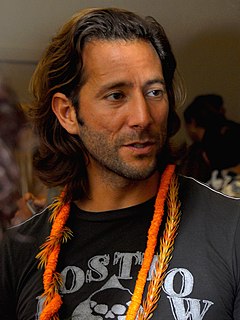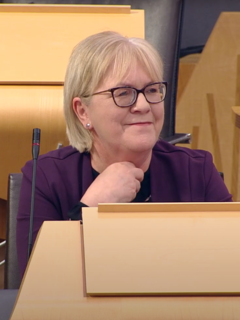A Quote by Rose Leslie
First and foremost, Scotland is my home, and I do consider myself Scottish, but I also feel very British, and I hope that Scotland stays within the Union. I have a real concern about independence.
Related Quotes
My own experience of growing up as a Roman Catholic in Scotland has led me to fear independence in Scotland. The possibility of Scotland being a kind of Stormont is a real one. I wrote a book recently about Neil Lennon's year of living dangerously and in the course of it I had to revisit some of my own experiences. Of course, most Scottish people are not swivel-eyed, loyalist sectarians but there are a large number of them. A large six-figure number, and if I were living in Scotland as a Roman Catholic I would be worried about that.
My parents live there, and I was born and raised in Scotland. I lived there for the first 11 years of my life, until my parents decided to take our family to France where we lived for a couple of years. We then moved back to Scotland, and that is where I feel most home - where I come back to myself, and I love more than I can say.
Well, if there is a spectrum between ethnic and civic forms of nationalism, which is a rather schematic way of looking at it, all nationalism contains elements of both, but Scotland is very far on the civic end of the spectrum. That is partly because nobody has ever been stupid enough to say that Scotland is an ethnicity in a genetic sense. A kingdom of Scotland existed long before anybody talked of a Scottish people. So that is one thing we have been spared.
































